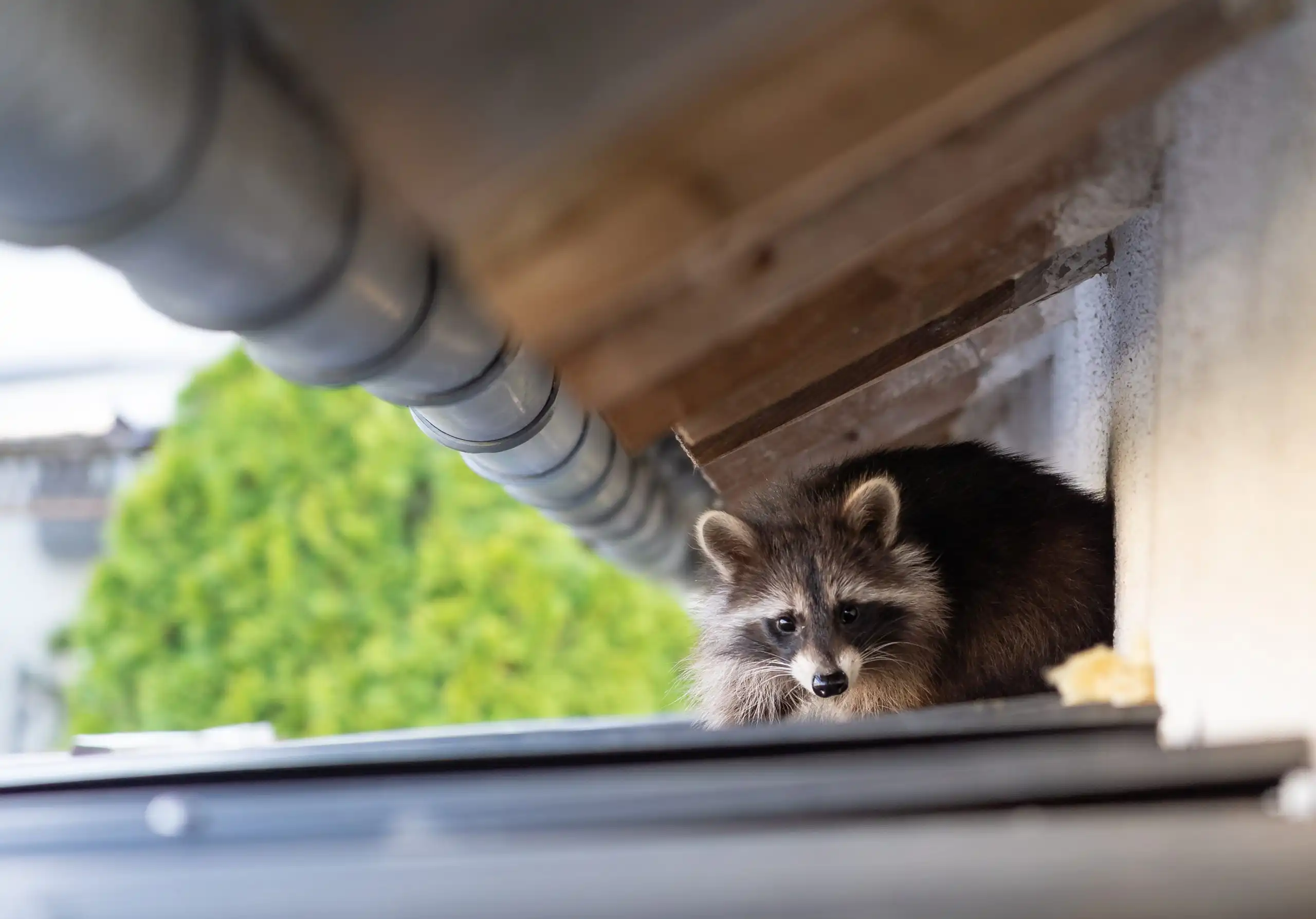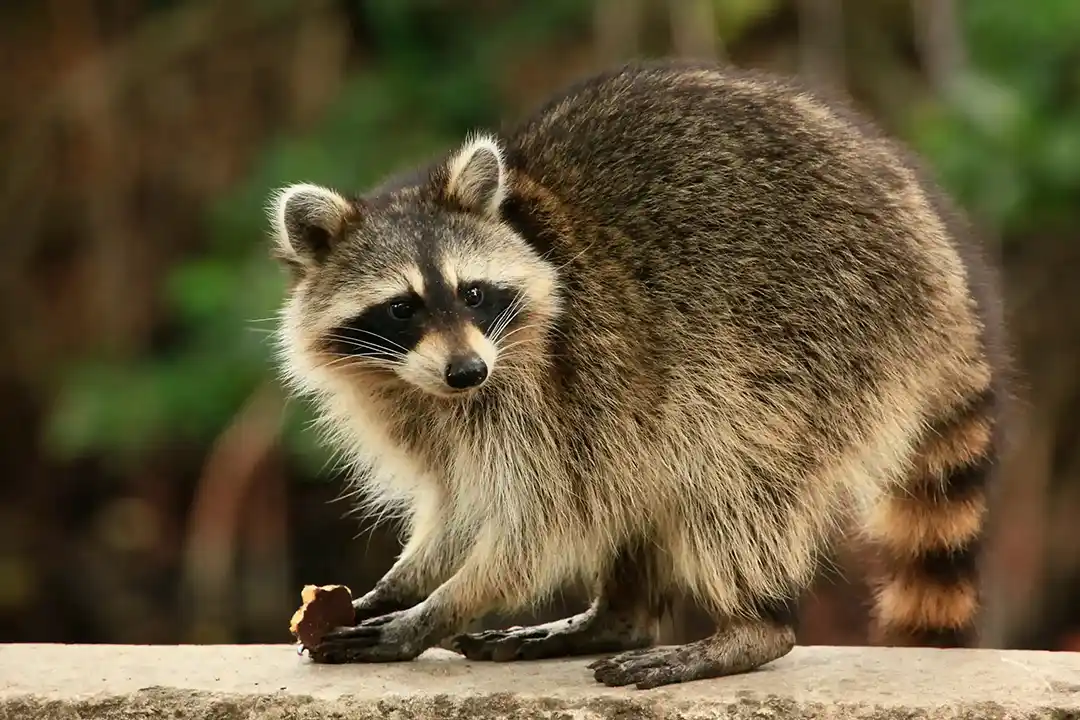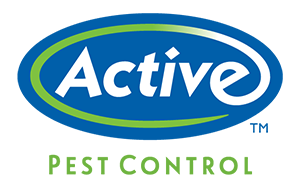If you live in the Atlanta Metro or the surrounding area, you likely know the importance of wildlife exclusion. The best way to prevent larger pests and nuisance wildlife from nesting in your home

is to keep them from getting inside in the first place. And maybe you’ve been doing enough research to think that you can handle this level of work on your own. You might own a caulk gun and some chicken wire. Why not do the work yourself and save some money?
There are certainly forms of DIY wildlife exclusion you can do on your own. At the same time, there are aspects to this line of work that you definitely need to leave to a professional. At Active Pest Control, we’re trained in all forms of wildlife exclusion, control and management. But before you call for our services, let’s explain how we can help you and your household.
Benefits of Professional Wildlife Exclusion
There’s more that goes into wildlife exclusion than covering entry points. In many cases, the calls we get for exclusion are only placed after some nuisance wildlife has already gotten into the home. This is where the skill set of the Active Pest Control team comes into play. If you have squirrels in your walls or skunks in the attic, removing them on your own could be frustrating, if not potentially dangerous. You don’t want to risk scratches or bites that could transfer disease. Our team has all the protective gear needed for the job, as well as years of industry experience that can apply to nearly every situation.
And when it comes to covering possible entry points, our experts can find vulnerabilities that an untrained homeowner might miss. While you can cover open vents and chimneys, you can count on us to find anything in the more hidden areas of your property. With our help the work done will be more comprehensive, protecting your household from pests big and small.
Wildlife Exclusion: What You Can Do
Even though we suggest leaving the majority of wildlife exclusion work to professionals, that doesn’t mean there’s nothing you can do yourself. If you regularly check for cracks and holes, you can cover them or seal the openings. And you can take measures to make your home inhospitable to wildlife, such as:
- Eliminating food sources (Pet food, unsealed garbage cans, fallen fruit from trees, etc.)
- Trimming the trees around your property
- Shortening climbing plants along the exterior of the home
- Taking down bird feeders
These are all safe and fairly effective ways to deter animals from your home. And if you try all of this and still find nuisance wildlife taking up residence in your home, the best action to take is to call us at Active Pest Control. We’ve been doing this for over forty years, and we can humanely remove animals from your home while also covering their tracks to keep more from getting in. Our work is ethical and effective, and we can work so you don’t have to sacrifice your safety. To get started, contact us today!


